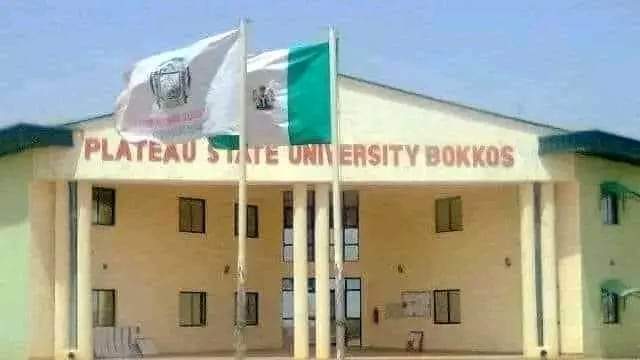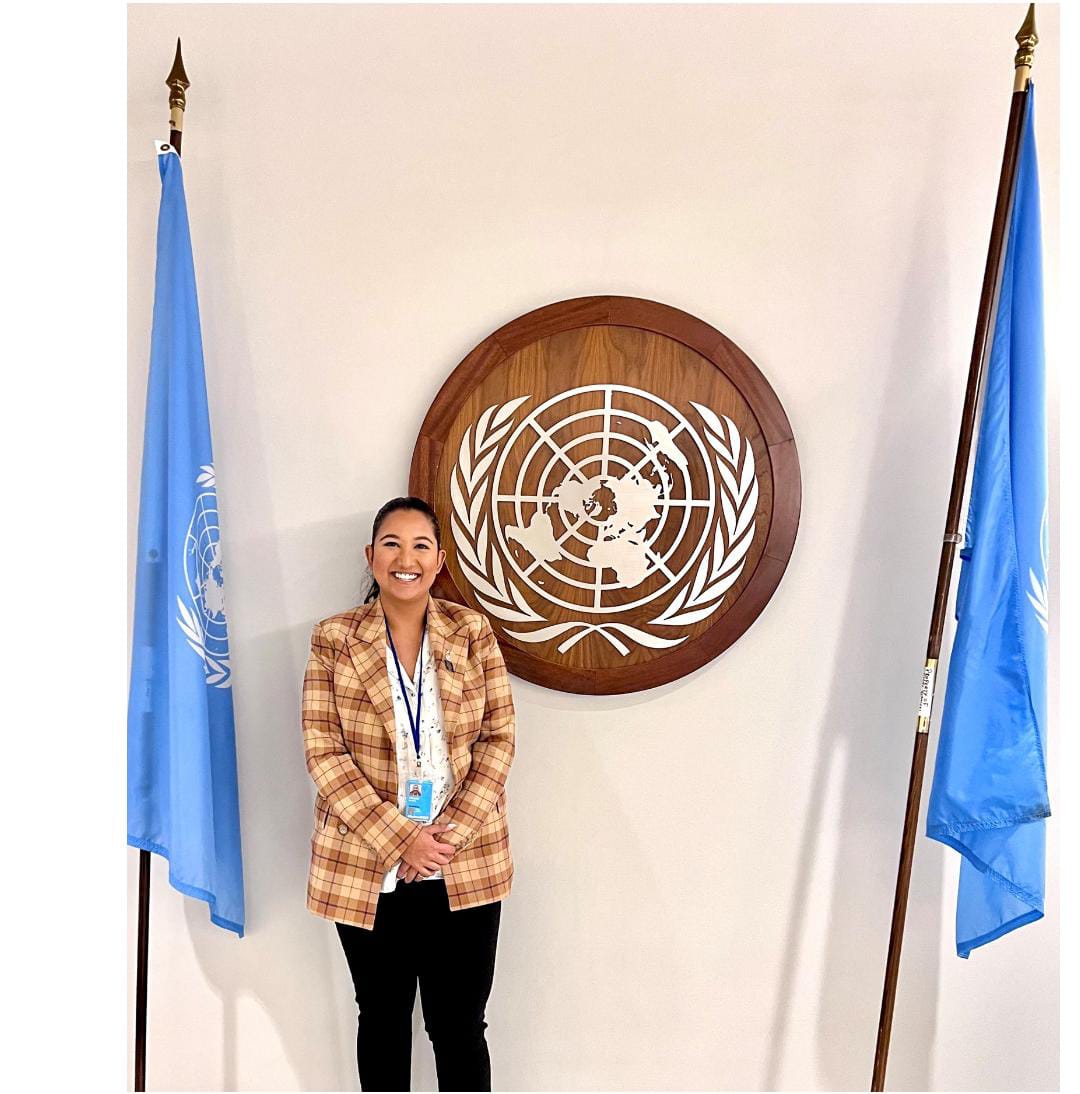This is an articulate viewpoint written by Ms Osuji from Abuja, and first published in Punch. We thought to share it with you, our esteem readers. No alteration whatsoever from the original article.
In April 2000, education stakeholders from across the world gathered at the World Education Forum in Dakar, Senegal and adopted the Dakar Framework for Action. Thereby reaffirming the vision of the World Declaration on Education for All adopted 10 years earlier and committed to the attainment of six EFA goals to meet the basic learning needs of all children, youth and adults by 2015.
In September 2000, building upon a decade of several United Nations conferences and summits, world leaders again came together at the UN headquarters in New York to adopt the United Nations Millennium Declaration. The declaration which has eight time-bound goals of 15 years (2000–2015) known as the Millennium Development Goals tends to commit nations to a new global partnership to reduce extreme poverty. With the expiration of the EFA goals and MDGs, many of the goals and targets have yet to be achieved despite the concerted efforts of national governments, the international community, civil society and the private sector. It is a known fact that the EFA agenda and the related MDGs have led to significant advances for the right to education. However, major education issues persist in all countries and regions of the world, and EFA remains an “unfinished agenda” as, for example, in Nigeria, over 10.5 million children are out-school children. It is to this fact that stakeholders across the globe since 2013 have held several consultative meetings to address the unfinished business of the MDGs leading to the proposed Sustainable Development Goals. The proposed SDGs with 17 goals and 169 targets tend to broaden the goals of the MDGs with several consultations at all levels which had the contributions of wider stakeholders at the community, national and global levels. These goals which will be launched in September 2015 will guide policy and funding for the next 15 years and commitment of world leaders to the achievement of the goals.
In Nigeria, the emergence of a new administration on May 29 in the person of President Muhammadu Buhari, coincides with the birth of new global goals come September 2015. During his presidential campaign, under the auspices of the All Progressives Congress, Buhari made several promises and presented his manifesto/agenda for change to the country notable among which promises to address the challenges of the education sector.
In all these goals and promises, education remains a prominent issue to be addressed as a veritable investment and catalyst for sustainable development. The SDGs, Goal 4 which aims to “Ensure inclusive and equitable quality education and promote lifelong learning opportunities for all” is committed to ensure that no one is left behind in access to quality education by 2030.
Presently, despite various development plans and agenda, the country’s education sector is still bedevilled with various challenges which stakeholders feel the present administration should drastically address.
The issue of teachers’ quality and quantity has been a challenge in the delivery of quality education in the country. According to the 2013 EFA Global Monitoring report by UNESCO, Nigeria needs over 200,000 teachers to meet the MDGs by 2015. With the expiration of the MDGs, this number has not been met and little has been done by the government to engage qualified graduates into the teaching profession. Rather, the teaching profession, which is highly respected in other countries, is relegated to the background and taken as a second choice for unemployed youths. The inability to attract qualified teachers and create incentives for teachers in hard to reach communities could be attributed to the poor learning outcomes witnessed in all levels of education in the country. Teachers’ welfare, training and retraining of teachers, creating incentives to motivate teachers should be encouraged as this will lead to increased learning outcomes of pupils in schools.
Data is necessary for planning, as it helps in the development of programmes and agenda. In the education sector, despite efforts by national and state governments in information management, there are still huge challenges in the Education Information Management System. Reports have shown that there always exist discrepancies in data management at all levels even among agencies. For us to effectively plan and develop an effective, impactful education agenda, there is a need to have a central coordinated information management system in the education sector. Government should map out strategies to coordinate data management across sectors and agencies across agencies saddled with data collection and management like the National Bureau of Statistics, National Population Commission among others.
In achieving the MDGs 2 or SDGs 4 in Nigeria, the deplorable state of education characterised by lack of infrastructure and unconducive environment should be tackled. The state of public education in the country has given rise to private schools as many parents desire to send their children to private schools even though some of the schools do not guarantee quality education irrespective of exorbitant charges. Public education at all levels is now an eyesore especially in the rural areas as many students learn under trees, dilapidated buildings, teachers offices, lack of infrastructure and facilities etc. The poor parents who cannot afford to send their children to private institutions are left with no choice than sending them to public schools. The result of these challenges are poor learning outcomes whereby children cannot read or write as expected, turning out of half-baked graduates from our universities who cannot contribute effectively to the growth of their society thereby undermining the Nigerian philosophy of education one of which, as stated in the vision of the National Policy on Education 2004, “fosters the worth and development of the individuals, for each individual’s sake, and for the general development of the society.”
At the basic education level, the issue of states’ inability to access the intervention funds by the Universal Basic Education Commission has been a serious one in ensuring delivery of quality basic education for all. Many state governments over the years have yet to access the UBEC funds through contributing their counterpart funds. As of July 2015, 32 states have yet to access N56bn matching grants from UBEC over eight years lying fallow with the Central Bank of Nigeria. These funds are meant to cater to the educational needs of the states.
And inability to access these funds means inability of the state governments to address the educational needs of their states at the basic education level. In order to resolve this issue, it is advised that the current administration should review the criteria for accessing this fund for the good of the poor and marginalised children.
Still on funding, it is a fact that government alone cannot meet the needs of all. It is therefore advised that Public Private Partnerships should be encouraged in the education sector at all levels. Also, efforts should be made towards revitalising the Community Accountability and Transparency Initiative to enable citizens monitor and demand accountability in the education sector.
Recognised as a human right and ensuring that no one is left behind, government should ensure and create innovations to reach out to all children irrespective of gender, location, parental status, and disability etc. Education is a public good that should be accessible to all. The marginalised, children with disabilities and hard to reach communities should have access to quality education. Teachers should be trained with modern techniques to cater to children with special needs. Learning materials and environment should be friendly to all and incentives should be created for teachers in the rural areas.
Ms Osuji, Policy Advisor, Civil Society Action Coalition on Education for All








